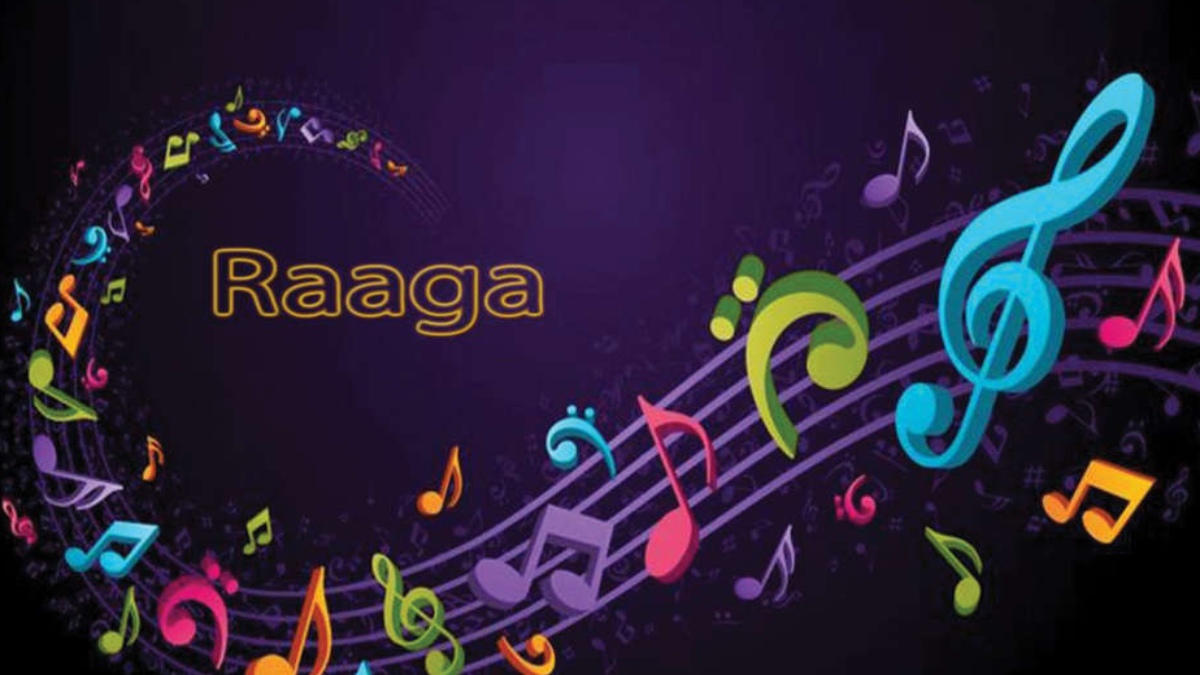


Today, as I was sitting down with my Riyaaz of the Carnatic music equivalent of the Asavari Raaga, I brought back mixed memories. It evoked a collage of emotions, making me feel nostalgic about the warmth of my grandparents’ home, while also reminding me of a particular school day when I stayed homesick. Raaga Natabhairavi, as this Raaga is known, is a unique combination of flat and sharp notes, and has its own way of weaving a heady mix of emotions in both the listener and the singer. The first part of the scale has largely major notes, which signify upbeat and happy emotions. The second half of the scale has flat notes that usually evoke more tense and negative feelings. No wonder my emotional state, while doing my Riyaaz, mirrored this. This scale brought back associations with my childhood memories of both when I was sick with jaundice, and also of when my grandmother would exclaim and sway in joy when she heard this piece.
This experience got me thinking about how the emotive potential of music is almost like that of a person.
When we relate to other people through relationships, we connect as human beings with sentiment, emotion and sensitivity. People come in a mix of hues, shapes and personalities, and evoke certain distinct feelings in us. For example, I associate laughter, comfort and cosiness with one of my best friends. I associate a very different feeling with one of the staff members of Music Vruksh, my music venture. In this case, the feeling is one of dependability, trust and collective inspiration towards a common goal.
Raagas in Indian classical music are no different. They are living, breathing sound energies that evoke emotions in us. These emotions are distinct and powerful. This, in my opinion, is one of the reasons why they have an amazing power to heal.
Just as we get to know layers beneath a person over time and start relating to them at deeper and deeper levels, similarly, as we hear and sing Raagas repeatedly, we unearth deeper aspects and begin to appreciate the significance of the Raaga. This makes our relationship with the Raaga stronger, and it means much more to us than just a bunch of flat and sharp notes. It starts to attain a formless yet powerful identity, both in the hearts of the singer or performer and in those of the audience. In fact, the mark of a true musician is to introduce these ‘sound personalities’ of the Raagas to the audience and bring them alive in their hearts and minds. When an audience can feel joyful or moved and can experience the gamut of emotions that is so typical of the Raaga, the musician can be certain he or she has done his or her job well. The identities of the Raagas should be brought out clearly by the musician so that we can recognise them just as we would recognise our friends and loved ones even in a crowd.
Raagas in Indian Classical Music have the potential to form deep, meaningful relationships with us. Even if the Raagas come to us through the medium of the popular culture of Indian film music or folk songs, they have the ability to come alive in our minds and bring myriad emotions to the fore. We can have loving and trusting relationships with them much as we do with people. They can allow us to feel safe, cry or laugh and express difficult emotions without the fear of judgement or hurt.
I have always championed the cause of making classical music training and appreciation accessible to everyone. In Indian Raagas, we can find the seeds of deep, trusting relationships that we can carry with us forever. In this lies the ability of Indian music to touch and heal.
The writer is a vocalist of both Hindustani and Carnatic Classical music, with over three decades’ experience. She is also the founder of Music Vruksh, a venture to make classical accessible for its aesthetic and wellness benefits.